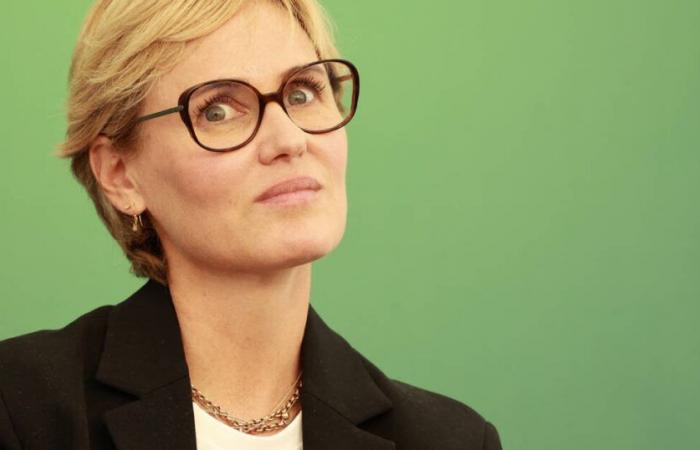When you are a victim, speaking up is difficult, and just because you speak up doesn't mean everything is resolved. On the contrary. This Monday, December 23 on France Inter, actress Judith Godrèche, figure of MeToo in France, testified about the repercussions of her accusations since the beginning of 2024 against directors Benoît Jacquot and Jacques Doillon. Creating a real explosion, the screenwriter accused Benoît Jacquot of rape, 25 years her senior, with whom she had started a relationship at 14 and continued for six years. She made similar accusations against Jacques Doillon, a French director, producer and screenwriter. Investigations are ongoing and both filmmakers dispute these allegations. Since the speech that she made resonate loud and clear during the 49th Césars ceremony on February 23, 2024, the actress describes “every day a new form of pain”. Difficulty finding funding, feeling of abandonment: “this speech was the announcement of a loss which is confirmed a little more every day”, she explains on the air.
Speaking at this moment was a considered decision, the fruit of several years of reflection as the price could be heavy for the actress who explains that «ces institutions [les cinéastes mis en cause, ndlr] who have power for the artists that we are, do not want us to speak. And it’s obvious that we don’t want to alienate them.” «If I lose my funding, my means of expression and my livelihood then I too will be silenced,” explains Judith Godrèche. Even if her speeches allowed other actresses to express themselves in turn, she deplores her ostracization by the cinematographic world. In the middle of a film adaptation of a book by Annie Ernaux, Girl's memorythe director expresses doubts about the possibility of reaching the end of the project, as support seems to be lacking.
MPs moved to tears
Wednesday, December 18, the 52-year-old actress already regretted before the parliamentary commission of inquiry into sexual violence in cinema, having never been contacted by “people of power” in the film industry since his rape accusations. “There is not a person from my past who has an established place in cinema society – therefore, in quotes, power – there is not a person of power who has written to me since I spoke”she testified before the deputies, some moved to tears. According to the actress, “this silence says a lot”. «He may also say “I’m afraid”. He says “I don’t want to lose my place”. He says “me too, I have to slalom […] so as not to get hit by a pole and also be pushed back to the back of the procession.”
Since these positions, “the only people from this past who have reached out to me are people who […] are, as they say, anonymous, in any case who do not have the power or who have nothing to lose […]who are no longer in this environment”she describes. The director, whose short film Me too had been screened at the last Cannes Film Festival, also said she hoped “to be able to continue living” in the world of cinema but expressed his resignation. “This system crushes the resistance”she said.
Judith Godrèche also reacted to Serge Toubiana's statements to this same commission. On Tuesday December 17, the former boss of the Cinémathèque and former editor-in-chief of Cinema notebooks had claimed he was unaware of the relationship “respondent” between Judith Godrèche and Benoît Jacquot. Before recognizing at the very end of the session that it was “Of course” informed, having received at the time the «couple» to dinner. Facing the deputies, Judith Godrèche accused Serge Toubiana of“having lied under oath”. “He knew, everyone knew, him better than anyone”she said.






